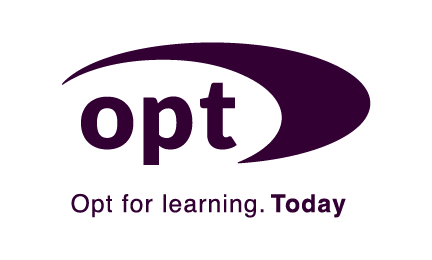
As we embark on a new year, it is safe to say there will be important challenges ahead for the everyplace workplace, the hybrid of on-site and remote working.
Longer working hours caused by working from home versus the advantages of not commuting to and from the office, the debate over the future workplace is likely to hot up.
Challenges of training in the flexible workplace
Pressing questions include, how can we train workers effectively, how do we cultivate productive collaborative working and is it possible to nourish our workplace culture? At the same time, casting a shadow, is the conundrum of how to sustain the benefits of in-person training, in the flexible workplace.
With conflicting schedules and fluctuating on-site presence, there is no doubt that implementing in-person training may be challenging, time intensive and potentially costly. On the other hand, online learning is easily accessible from any location, adaptable to individual pace, consistent and less costly. The temptation to dismiss in-person training entirely, and replace with online initiatives is, on the surface, understanding.
The long-recognised rewards of in-person training are, however, highly valuable, making it well worth taking up the challenge of how to hold on to them. The opportunity to learn directly from experienced workers and specialists, problem solving among peers, invaluable networking, and the personal touch. How can we ensure, for example, new recruits integrate with the culture, learn work processes, and understand business expectations, without in-person training?
How to sustain the benefits of in-person training in the flexible workplace
Reaping the rewards of in-person training, building healthy teams, and cultivating workplace culture, in a flexible working environment, calls for creative and innovative solutions. Compact and flexible group activities, for instance, linked to people agendas and organisational plans, delivered in both virtual and in-person settings can offer versatility, creativity, and the all-important human touch.
The originality required for such blended training solutions will, however, have to go beyond a programme of scheduled virtual discussions and ad-hoc in-person training. Meaningful training initiatives will need to be adaptable to all settings, seamlessly assimilated into workflow, creative in content and delivered in-house by managers, experienced workers and specialists.
Structured programmes, comprising group activities with clear learning outcomes if interactive and engaging can be an innovative and cost-effective solution. Building healthy teams, developing work processes and cultivating a workplace culture are an ideal starting point to integrate these initiatives into the flexible workplace. An innovative foundation, to build the workforce of the future.



